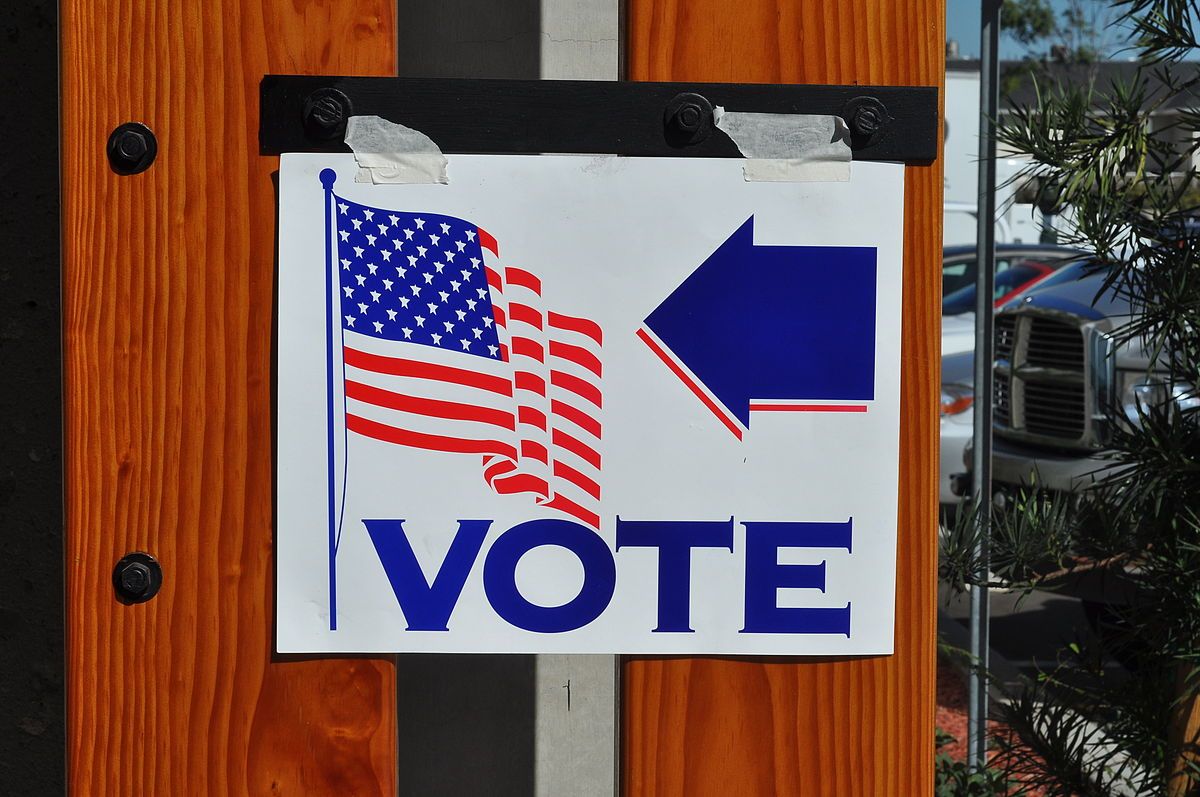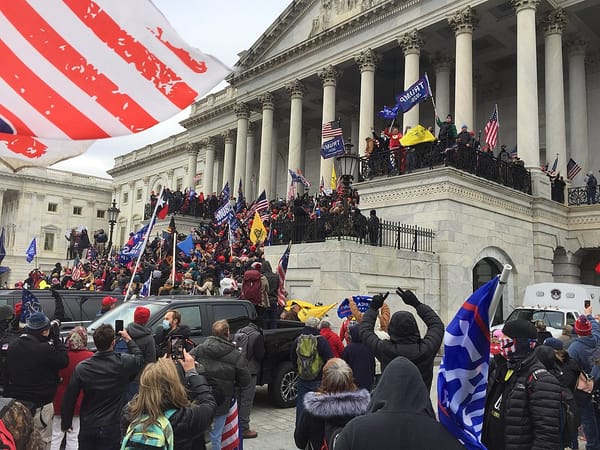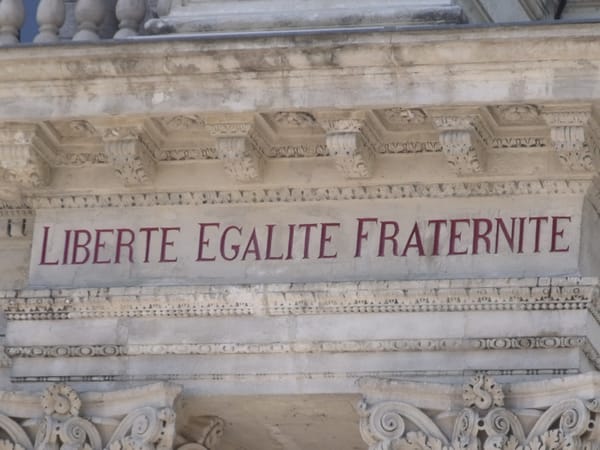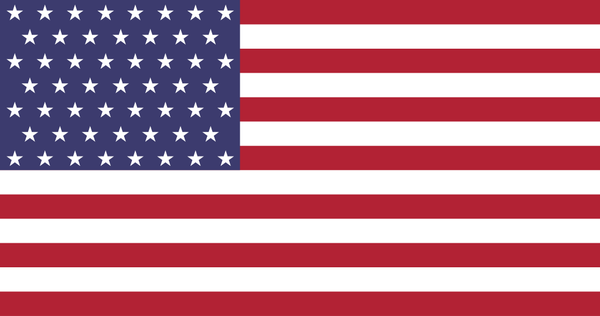If You See Voting, Say Nothing

It’s an article of faith among some anarchists and authoritarians that voting is an irrational action. There’s a proof, somewhere, in a book—was it Democracy and Decision by Geoffrey Brennan and Loren Lomasky? or was it The Ethics of Voting by Jason Brennan? Brennan somebody—anyway, everyone with too much sense uses breath to say ‘voting is irrational’ a lot every two years.
Say there are two kinds of elections: the kind that might go either way—let’s call that a ‘close’ election—and the kind that might not. Your vote has zero chance of swaying the latter kind. But in a close election, within some range there’s no real reason to think a tied result is less likely than any other particular vote margin—no reason that a 1-vote margin is less likely than a 2-vote margin or a 618-vote margin or a 24,797-vote margin is. So it’s surely reasonable to think that when we think an election is close, the probability of casting a ‘decisive’ vote is at least a little larger than the reciprocal of the number of voters participating. And that is in fact the consensus view of political scientists who have studied the matter. And when the probability of being decisive is that high, then the expected social benefit of a single vote is plenty large for voting to qualify as a clearly pro-social activity.
Two libertarian philosophers, however—the aforementioned Geoffrey Brennan and Loren Lomasky—for whatever reason also tried to figure out how likely one vote is to change the outcome of an election. And as dilettantes do, they massively botched the task, conceptually and mathematically, but still managed to make themselves and a small contingent of other libertarians irretrievably confident that a voter has no chance of deciding an important election. Brennan and Lomasky held that it is absolutely irrational to vote for President if the leading candidate is expected to win by a two-point margin—which is the laughable result spat out by a model that makes no distinction between a voter’s beliefs about other voters will do and what other voters actually end up doing. In other words, all Brennan and Lomasky’s model really shows is that a voter is irrational if they vote when it is certain that their vote won’t matter—but the philosophers Brennan and Lomasky proceeded as if their model showed that voting is irrational, period. Brennan and Lomasky’s foolishness was then restated by the younger Brennan at the outset of his regrettably influential book.
My education is in the economics tradition. Economists know that people aren’t perfectly ‘rational,’ but incentives matter, survival matters, and so they also figure some decently strong tendencies toward ‘rational choice’ are around. Many economists still think it’s a reasonable first approximation to think that a person you happen to encounter likely knows a good bit about what they are doing and why they are doing it. If you come from that place, then properly you’d put the burden of proof on the person who argues that voters are acting wastefully, not on the person who presumes voters probably know what they’re doing. And those who’ve tried to make the former argument have made basic, discrediting errors, failing to overcome that burden of proof.
So in 2022, or 2024, if you catch a voter in the act, smile and offer a friendly greeting. They’re probably about as sensible as you are.




